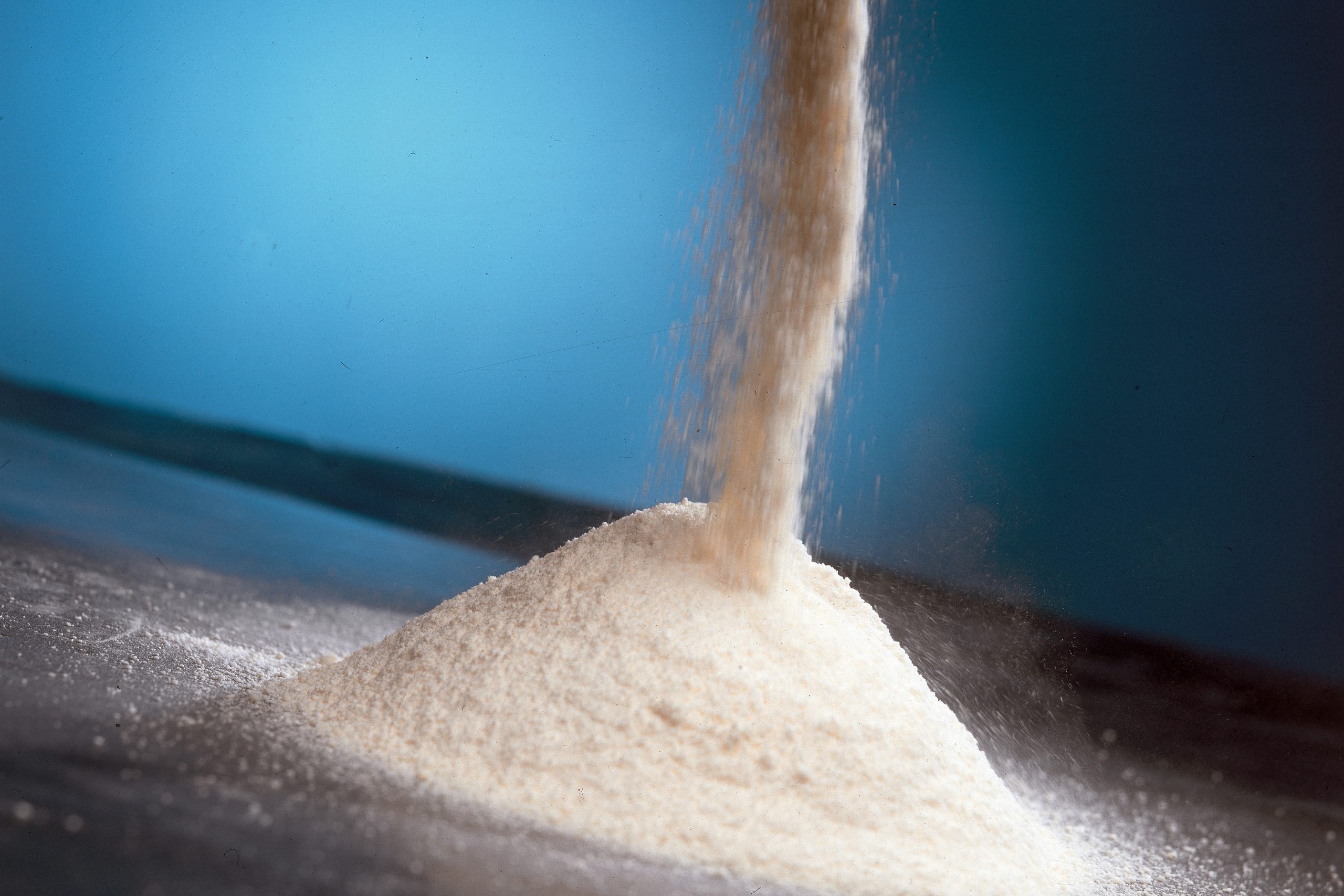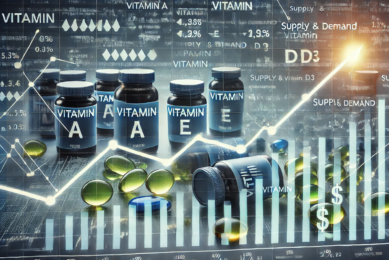Possible shortage of vitamin A and E for feed

The livestock feed industry is facing a lack of supply of vitamins A and E due to 2 recent incidents, warns the Agricultural Industries Confederation (AIC).
Apart from being an efficacious membrane antioxidant, vitamin E has a broad physiological importance, such as maintaining tissue’s structural integrity, supporting neural growth, reproduction and modulating immunity.
Vitamin A is required in animals and essential for:
- vision
- growth differentiation and proliferation of a wide range of epithelial tissues
- bone growth
- reproduction and embryonic development
Vitamin A is present in the diet as preformed vitamin A (retinol and its esters) and can also be derived in most animal species from dietary carotenoids, mainly ß-carotene.
AIC now warns that there is possible shortage expected of these 2 vitamins, due to several incidents.
- The first: a fire during October in a German plant that produces a key precursor to production of the 2 vitamins
- The second: closure of a Chinese facility on environmental grounds.
Supplies becoming tight
“There are reports that supplies are becoming very tight and the industry worldwide will have to manage a significant shortfall of 2 critical ingredients for several months,” said George Perrott, Head of AIC’s Feed Sector. “It would appear that normal volumes may not be produced until March or April 2018.”
Fefac, the European trade body for animal feed has warned that as stocks are not sufficient to offset the deficit of production, feed manufacturers globally will have no choice but to reduce the inclusion rates in feed. Although, for young and gestating animals, levels of supplementation will have to be maintained to avoid adverse effects on animal welfare and livestock production.
AIC is liaising with Defra and farming unions on the issue and professional feed operators will strive to ensure any risk is minimised.











